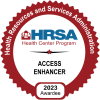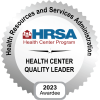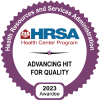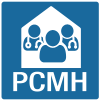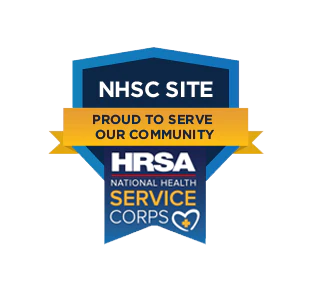
This post was written by Fran Zamora, Registered Nurse at Beloit Area Community Health Center.

Although more common in infants and children, impetigo has been making its rounds among adults in the southern Wisconsin and northern Illinois.
Impetigo is a highly contagious skin infection that affects more people in the warm weather months. Because of this, it is important to not confuse it with other skin problems that are often associated with summer-time heat like heat rash and bug bites.
A person becomes infected with impetigo from having contact with the sores or blisters of an infected individual, or from touching items that the infected person has come into contact with such as, clothes, linens, and toys.
Children in school and daycares are most susceptible, since they frequently are in close contact with one another and share toys or other items. Athletes who have skin-to-skin contact, like wrestling and football, are also at a higher risk of catching impetigo.
Sores most commonly develop around a person’s nose, mouth and buttocks. The classic symptoms for impetigo are red sores that burst and ooze. The sores later develop a yellow/ brown crust and itching may be mild to severe.
While prevention may be difficult among children, anytime someone experiences a cut, scrape or any other lesions to the skin, proper wound care is important. Wash all wounds with soap and water and apply antibiotic ointment. This will prevent the bacteria from entering the body.
If you do suspect you or your child has impetigo it is important to prevent the spreading of the infection to others by keeping the sores lightly covered and clean. It is also important to schedule a visit with your provider for a proper evaluation. Your medical provider will determine the severity of the infection and decide if a topical or oral solution is best for you.
At home, it is important to wash linens, clothes, and disinfect all toys. Keep children from scratching by cutting their nails and making frequent handwashing trips.
Seek immediate medical attention if the blisters do not improve despite treatment or become warm, red or swollen. Although uncommon, impetigo can develop into a more serious condition called ecthyma which can lead to skin ulcers.
For more information you can contact our clinic at (608) 361-0311.






